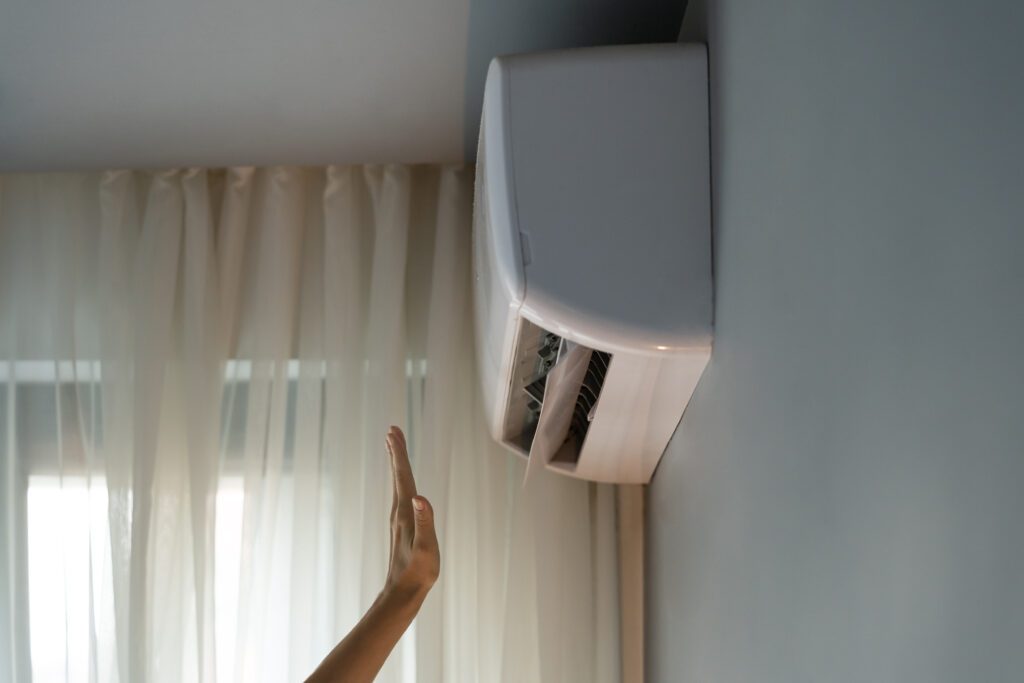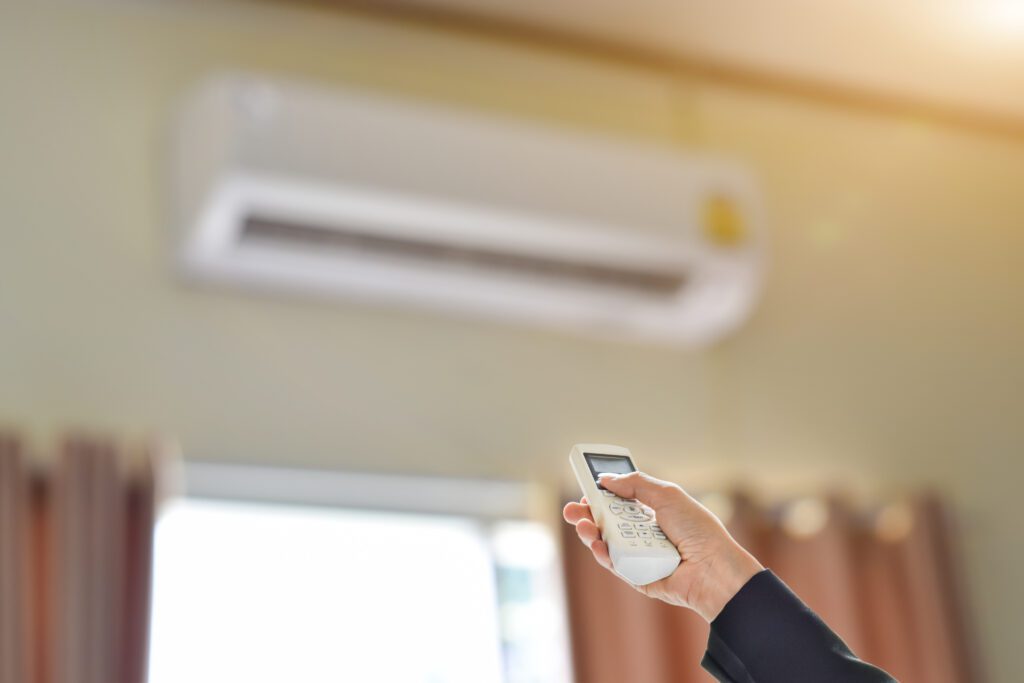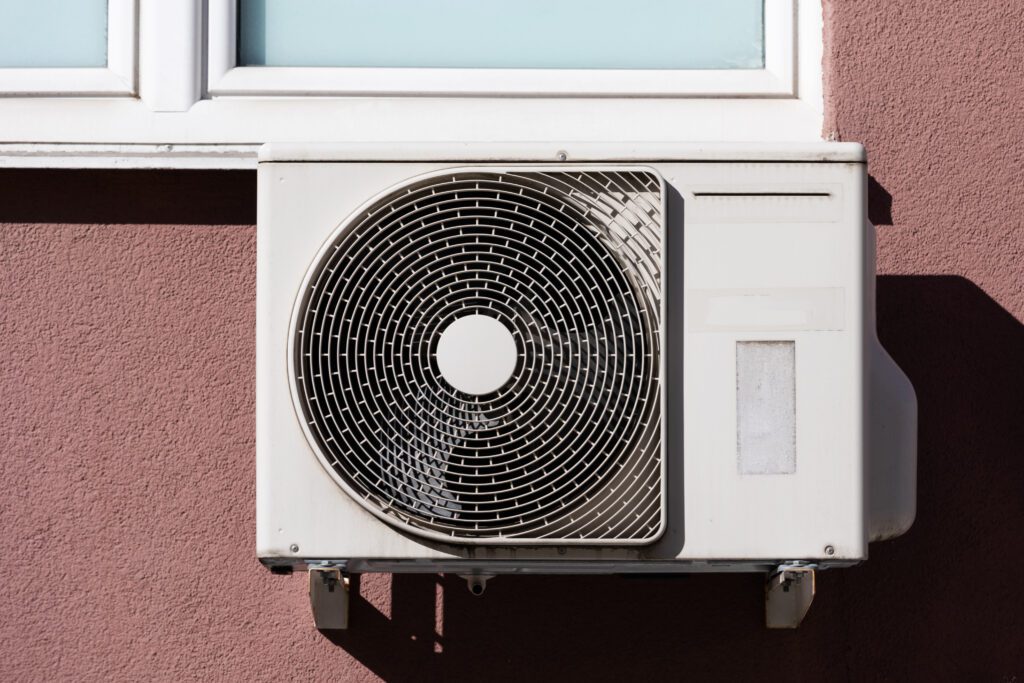As the scorching summer heat settles in, many homeowners rely heavily on their air conditioners to keep their living spaces cool and comfortable. But an important question often arises: Is it bad for an air conditioner to run 24/7/365? In this article, we will delve into the functioning of home air conditioners, explore the impact of continuous use on these appliances, discuss potential risks, and provide alternative solutions. Additionally, we will share maintenance tips that can help prolong the lifespan of your air conditioner.
Understanding the Functioning of Home Air Conditioners
Before we determine whether running an air conditioner non-stop is detrimental, let’s first understand the role of these appliances and how they work.
The Role of an Air Conditioner
An air conditioner is designed to regulate indoor temperature and humidity levels. In addition to cooling the air, it also dehumidifies it, making the environment more comfortable and pleasant.
How Air Conditioners Work
Air conditioners utilize a refrigeration cycle to cool the air. The process involves extracting warm air from the room, cooling it through a refrigerant, and then releasing the cooled air back into the space. This cycle repeats until the desired temperature is reached.
Now, let’s delve deeper into the fascinating process of how air conditioners work. The heart of an air conditioner is the compressor, which is responsible for pumping the refrigerant through the system. This refrigerant, commonly known as Freon, is a chemical compound that has the ability to absorb and release heat. As the warm air from the room is drawn into the air conditioner, it passes over the evaporator coil, which contains the refrigerant. The refrigerant absorbs the heat from the air, causing it to evaporate and transform into a gas.
Once the refrigerant has absorbed the heat, it is then pumped to the condenser coil, located outside the building. Here, the refrigerant releases the heat it absorbed from the room, allowing it to condense back into a liquid state. The condenser fan blows air over the condenser coil, dissipating the heat into the outdoor environment. The now-cooled refrigerant then flows back into the evaporator coil, ready to repeat the cycle.
It’s important to note that air conditioners not only cool the air but also remove moisture from it. As warm air passes over the evaporator coil, the moisture in the air condenses on the coil’s surface, forming droplets. These droplets are collected in a drain pan and then drained away, effectively reducing the humidity in the room. This dehumidification process is crucial in creating a comfortable indoor environment, especially in humid climates.
So, the next time you turn on your air conditioner, take a moment to appreciate the intricate workings behind its cooling and dehumidifying capabilities. From the compressor to the evaporator and condenser coils, each component plays a vital role in ensuring you stay cool and comfortable during those hot summer days.
The Impact of Continuous Use on Air Conditioners

While air conditioners are built to withstand long hours of operation, running them continuously all year round can have some consequences.
Wear and Tear from Non-Stop Operation
Constant operation puts additional stress on the various components of an air conditioner. The compressor, motor, and fan may experience accelerated wear and tear, potentially leading to breakdowns and the need for costly repairs.
Energy Consumption and Efficiency Concerns
Continuous operation also results in higher energy consumption, leading to increased electricity bills. Moreover, running an air conditioner for extended periods can decrease its overall efficiency, as the system may struggle to maintain the desired temperature due to the constant demand.
However, the impact of continuous use on air conditioners goes beyond wear and tear and energy consumption. Let’s delve deeper into some other factors that can be affected by non-stop operation.
Air Quality and Indoor Environment
When an air conditioner runs continuously, it continuously circulates the air in the room. While this can help maintain a consistent temperature, it can also lead to a buildup of indoor air pollutants. Dust, pet dander, pollen, and other allergens can accumulate in the air, reducing the overall air quality and potentially causing respiratory issues for occupants.
Additionally, running an air conditioner non-stop can create a dry indoor environment. Air conditioners remove moisture from the air as part of the cooling process, which can result in low humidity levels. Low humidity can cause dry skin, irritated eyes, and respiratory discomfort, especially for individuals with pre-existing respiratory conditions.
Environmental Impact
Continuous use of air conditioners also has an environmental impact. The electricity consumed by air conditioners contributes to greenhouse gas emissions, mainly if the electricity is generated from non-renewable sources such as coal or natural gas. These emissions contribute to climate change and air pollution, affecting the overall health of the planet and its inhabitants.
Furthermore, the production and disposal of air conditioners also have environmental implications. The manufacturing process requires the extraction of raw materials and energy-intensive production methods. Improper disposal of old air conditioners can lead to the release of harmful substances into the environment, such as refrigerants and other chemicals.
Considering these additional factors, it becomes evident that continuous use of air conditioners can have wide-ranging effects beyond the immediate wear and tear and energy consumption concerns. It is essential to strike a balance between comfort and sustainability when using air conditioning systems.
Potential Risks of Running an Air Conditioner 24/7/365

Aside from the impact on the air conditioner itself, continuous operation can have other drawbacks as well.
Health Implications
Excessive air conditioner use can contribute to dryness in the air, which may lead to dry skin, irritation, and respiratory problems. Additionally, if the system is not adequately maintained, it can become a breeding ground for mold and bacteria, negatively affecting indoor air quality.
Environmental Effects
Running an air conditioner non-stop year-round significantly contributes to the overall energy consumption and carbon footprint. This high energy consumption not only puts a strain on power grids but also contributes to environmental pollution.
Alternatives to Constant Air Conditioner Use
To reduce the need for continuous air conditioner operation and mitigate the associated risks, consider incorporating these energy-efficient alternatives:
Energy-Efficient Cooling Methods
Utilize natural ventilation techniques such as opening windows during cooler evenings or utilizing ceiling fans to circulate air. Additionally, shade your windows using curtains or blinds to minimize heat gain from the sun.
Smart Use of Air Conditioners
When utilizing your air conditioner, set it to an appropriate temperature that balances comfort and energy efficiency. Consider using programmable thermostats to schedule cooling cycles based on occupancy and optimize energy usage.
Maintenance Tips for Prolonged Air Conditioner Lifespan
To ensure your air conditioner operates efficiently and lasts for many years, follow these essential maintenance tips:
Regular Servicing and Cleaning
Schedule regular professional servicing to clean and maintain your air conditioner. This includes cleaning or replacing filters, lubricating moving parts, checking refrigerant levels, and inspecting electrical connections.
When to Replace Your Air Conditioner
If your air conditioner is older or frequently requires repairs, it may be more cost-effective to replace it with a newer, more energy-efficient model. Modern air conditioners are designed to be more environmentally friendly and energy-efficient, helping you save money in the long run.
In conclusion, while it may be tempting to run your home air conditioner continuously throughout the year, doing so can have negative consequences. From increased wear and tear on the appliance to higher energy consumption, health implications, and environmental effects, it’s crucial to find a balance. By exploring alternative cooling methods, using air conditioners smartly, and ensuring regular maintenance, you can keep your home comfortable without putting excessive strain on your air conditioning system. Remember, a well-maintained air conditioner will not only last longer but also provide efficient cooling when you need it the most.



